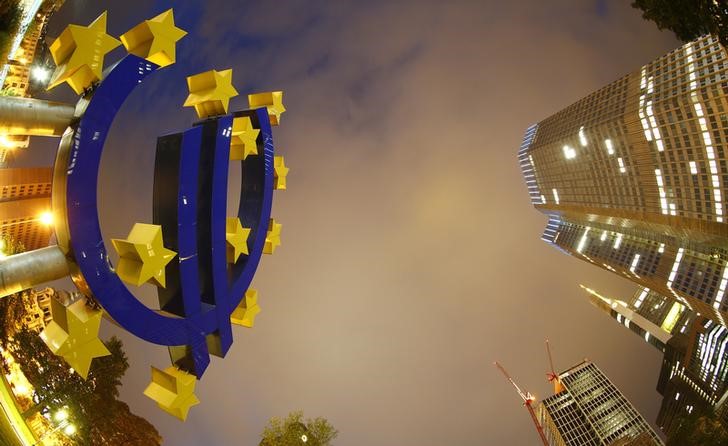Microvast Holdings announces departure of chief financial officer
(Bloomberg) -- German inflation unexpectedly slowed to the weakest level in almost three years, piling on more evidence of muted price pressures just weeks after the European Central Bank decided to deploy fresh stimulus.
Consumer prices rose an annual 0.9% in September, well short of the just under 2% rate the ECB aims to achieve for the entire euro area. In their latest push, policy makers pledged to keep buying bonds until inflation is firmly tethered around their goal.
Subdued price trends stand in stark contrast to other economic developments in the region. The 19-nation bloc has enjoyed uninterrupted growth for more than six years, domestic demand remains robust despite political and trade risks, and unemployment continues to decline. A report earlier on Monday showed German joblessness dropped in September, remaining near a record low.
Domestic resilience was one factor ECB officials cited as a reason arguing against restarting quantitative easing. Executive Board member Sabine Lautenschlaeger, one of at least eight policy makers to balk at the decision, unexpectedly quit last week.
In an interview released on Monday, outgoing ECB President Mario Draghi said the institution can do more if needed. Yet monetary stimulus will be less effective and last longer unless European governments step up spending, he said.
